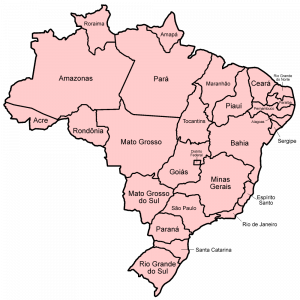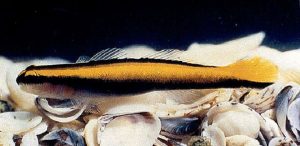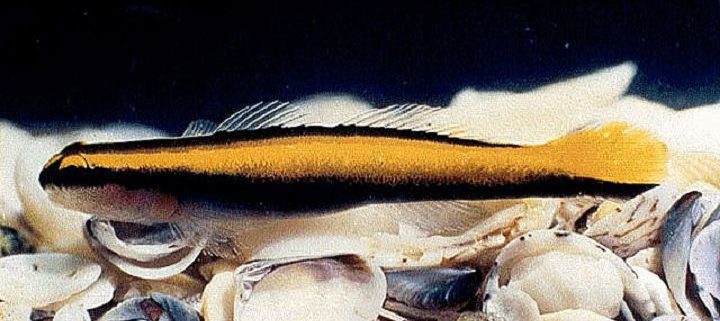Mitigating the illegal trade of aquarium species through the postal service in a Brazilian state
By Elana Rusnak, SRC masters student
The global aquarium trade is a multimillion dollar business, moving over one billion freshwater and marine organisms annually. In many countries, regulations are put in place in order to manage both the type of species, as well as the number of individuals that cross each border. However, there are illegal activities plaguing the trade, including in businesses within the United States. In other countries however, there are frequently fewer and/or less regulated laws that dictate the sale and trade of marine organisms. Between 2010-2012 in the Ceará state in Brazil, researchers worked together with the Brazilian Institute of the Environment and Renewable Natural Resources (IBAMA) and the Brazilian Post and Telegraph Company (ECT) to comb through packages sent via the postal service, and confiscate those containing live or dead aquarium organisms. It is illegal in Brazil to sell or trade organisms outside of pre-sanctioned shipping companies, and the researchers aimed to assess where inspections need to be strengthened in order to prevent continued criminal activities.
In total, there were 57 confiscated packages, with roughly half going to Ceará, and half going to other Brazilian states, with no international shipping. The majority of the packages going to and leaving from Ceará state were going to the southeastern region of the country, with the leading state being São Paulo. This is likely because it is the richest and most populous state, which would incur a demand for aquarium species in both the legal and illegal trade.

Figure 1: Map of Brazilian states [By Golbez [GFDL (http://www.gnu.org/copyleft/fdl.html), CC-BY-SA-3.0 (http://creativecommons.org/licenses/by-sa/3.0/) or CC BY 2.5 (http://creativecommons.org/licenses/by/2.5)], via Wikimedia Commons

Figure 2: The barber goby (Elacantinus figaro), one of the Vulnerable species frequently found in the confiscated packages. By Rzpguimaraes – Own work, CC BY-SA 3.0, https://commons.wikimedia.org/w/index.php?curid=19946160
However, in response to confiscation of illegal packages and consequently, sending out fines, smugglers’ efforts decreased. Future management suggestions include increasing the training for spotting suspect packages and having management officers familiarize themselves with the species they encounter so they are better identified and logged. They also suggest increasing the fines that smugglers have to pay for each specimen, as the penalty is not high enough to deter illegal activities.
Awareness and training can go a long way, and hopefully with the proper motivation, can discourage the illegal aquarium trade to such an extent that it will one day cease to exist. Until then, small steps like those taken in Ceará state will encourage its decline and provide evidence that the smuggling of aquarium species could be mitigated in Brazil.
Works cited
Gurjão, L. M., Barros, G. M., Lopes, D. P., Machado, D. A., & Lotufo, T. M. (2018). Illegal trade of aquarium species through the Brazilian postal service in Ceará State. Marine and Freshwater Research, 69(1), 178-185.




Leave a Reply
Want to join the discussion?Feel free to contribute!